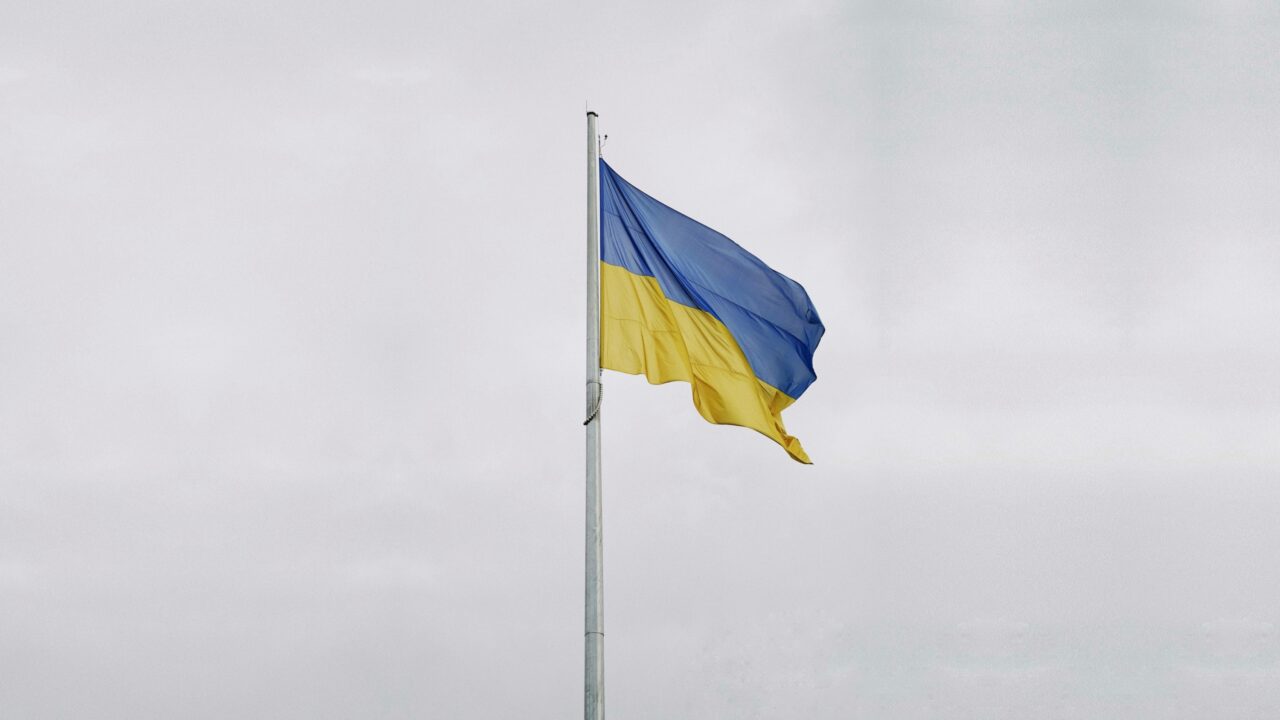International Justice Mission Presents the Results of the Analysis Regarding the Ukrainian Refugees Flow in Romania and Human Trafficking Trends
Human Trafficking
BUCHAREST – International Justice Mission (IJM) presents the results of the analysis regarding the Ukrainian refugees flows in Romania and human trafficking trends. IJM implemented an extensive data collection program to understand the risks of trafficking and exploitation faced by Ukrainian refugees in Romania. A total of 40 professionals from 29 IJM Romania partner institutions were interviewed and a total of 495 Ukrainian refugees responded to an online questionnaire, which aimed to collect information about their experiences in Romania, perceived risks, and willingness to report these risks to the authorities. This data collection is done within the scope of the project “Regional Response to Trafficking in Persons within the Ukraine Crisis” funded by the Office to Monitor and Combat Trafficking in Persons, U.S. Department of State and implemented by IJM.
The data analysis revealed an increased vulnerability of unemployed Ukrainian refugees. Thus, the majority of refugees who answered the questionnaire (63.63%) do not have stable employment, making them highly vulnerable to exploitation.
Approximately 64% of respondents stated that they understand the risks of human trafficking, with percentages being slightly higher among men under 45 years old compared to women in the same age groups. Overall, the analysis shows that women appear to be more aware of these risks compared to men – 64% versus 62.22%. Interestingly, for both genders, understanding of the phenomenon of human trafficking seems to decrease consistently with age. Among women aged 18-35, 68.42% reported understanding the risks of human trafficking, while for those over 64 years old, this percentage dropped to 52.94%. In the case of men, the decline was more pronounced, from 70% to 33.33%.
“These differences may have several explanations. Younger people are more active, have easier access to a variety of information online and actively participate in information campaigns about the risks of human trafficking. Older people believe that they have enough life experience and the probability of something happening to them is lower, or older people understand that trafficking is a complex phenomenon with various risks and are more cautious in saying that they understand all the risks, being aware that someone who is challenged economically, professionally or socially is always facing risks. Vulnerability analysis can provide useful details about the type of information or services that can be provided to Ukrainian refugees”, explains Cristina Panov, Project Manager - Regional Response to Trafficking in Persons within the Ukraine Crisis, IJM.
Language barriers and social isolation are vulnerabilities that also impact Ukrainian refugees in Romania. Approximately 49.44% of refugees who answered the questionnaire said they speak only Ukrainian or Russian and do not understand the risks associated with human trafficking. Moreover, the language barrier is considered the biggest obstacle in obtaining a job that could ensure a decent living. This barrier contributes to the lack of financial resources, especially for single mothers with children.
Among the surveyed refugees, single women with children and large families represent high-risk categories, especially when financial resources are lacking and there is limited knowledge of legal rights. These groups are at risk to becoming targets for traffickers, considering their dependence on others for basic needs and limited access to essential resources such as education and healthcare. Additionally, the uncertainty regarding the source of funding for accommodation is a difficulty that Ukrainian refugees in Romania face, according to the data collected and analyzed.
Another essential element for understanding the risk associated with human trafficking among Ukrainian refugees in Romania is their awareness regarding the importance of identity documents.
For the detailed analysis of the collected data, please access the full report available on ijm.org/studies.
* * * * *
Related Content
- News and video material co-developed by National Police of Ukraine and IJM EATP team (the material is in Ukrainian, translation available below):